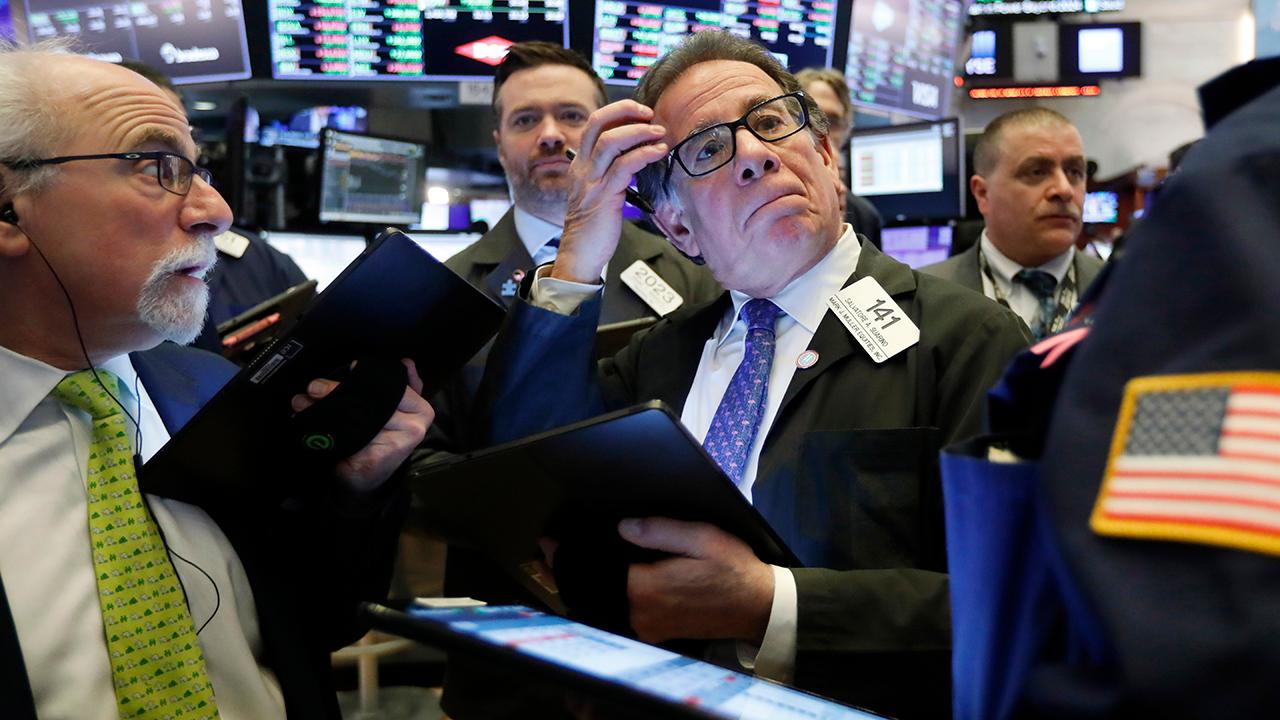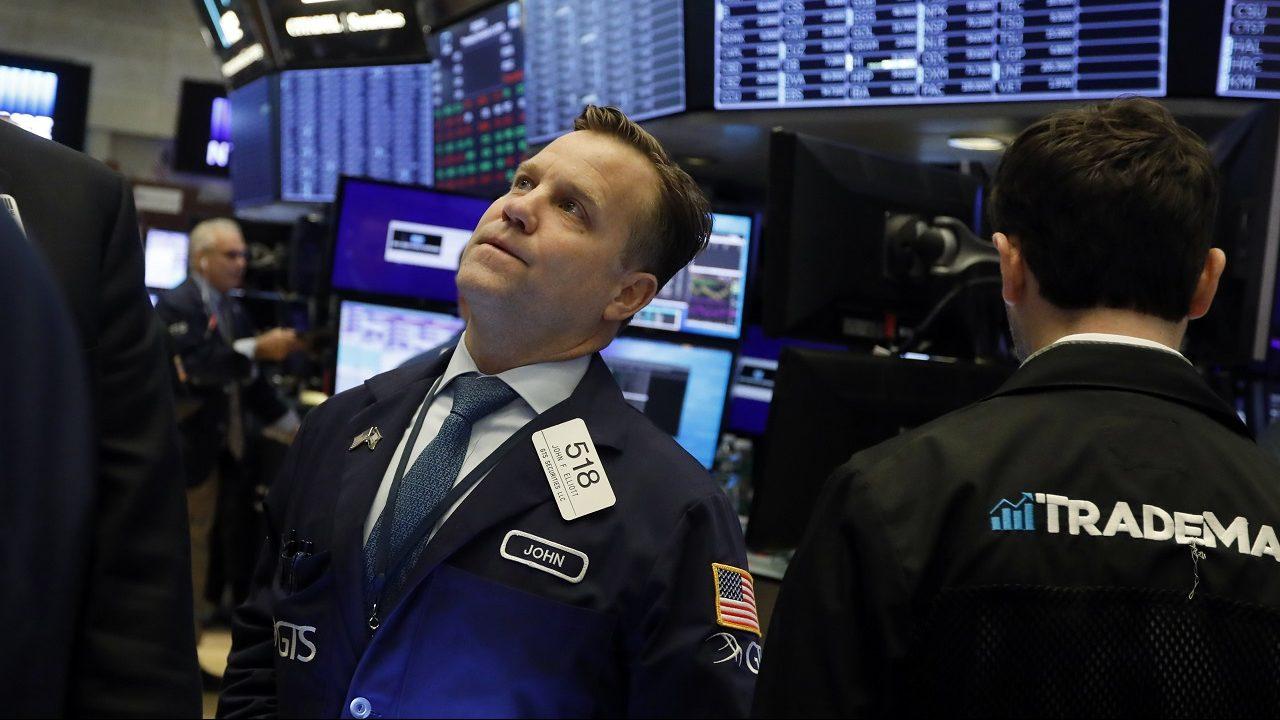Coronavirus has changed economic history: Morgan Stanley strategist
'America is standing out as a bit of a safe haven,' Ruchir Sharma says
Get all the latest news on coronavirus and more delivered daily to your inbox. Sign up here.
The economic effect caused by the coronavirus outbreak is unprecedented, according to Ruchir Sharma, chief global strategist and head of emerging markets at Morgan Stanley Investment Management, but the United States is faring better than expected.
Sharma told Gerry Baker on the FOX Business' WSJ at Large, that the disease has turned the U.S. economy around.
NEED TO PAY RENT DURING CORONAVIRUS? STATE-BY-STATE GUIDE
“This eighth global recession is likely to be worse now, it seems, than the 2008-2009 global crisis in terms of the magnitude of the declines we’re likely to see in economic output," Sharma said. "This is a dramatic change because remember, up until a month ago there was not a single economic forecast that was calling for an end to this long economic expansion we’ve had in the United States. So it’s been the most dramatic change in economic outlook possibly in the history of economics.”
| Ticker | Security | Last | Change | Change % |
|---|---|---|---|---|
| MS | MORGAN STANLEY | 179.97 | +4.19 | +2.38% |
CLICK HERE TO READ MORE ON FOX BUSINESS
And it’s far from over.
“This is a fast-evolving situation still. The data is obviously going to get worse," he said. "We know the fact that the first half of this year the likely contraction of economic activity in places such as the United States is going to be the worst since the end of the Second World War.”
In fact, the current estimates are that the stimulus that is being unleashed is already twice the size of what was put into effect during the entire global financial crisis 2008-2009. So this is a huge counter-response to what’s going on.
Sharma, who is author of “The Ten Rules of Successful Nations,” notes another area shocked by the coronavirus impact has been the stock market, which he says was “blindsided” by what has happened.
CORONAVIRUS LAYOFFS SKYROCKET, CATCHING NEARLY HALF OF STATE UNEMPLOYMENT PROGRAMS UNPREPARED
“Wall Street was down 30 percent,” Sharma said. “The 30 percent decline took place over 18 trading days. Historically, during recessions, that’s happened over 15 months. This is the fastest fall the markets have had since 1929.”
Sharma believes the key to getting the economy and stocks to recover will be “flattening the curve” of the virus and reducing infections in the next few weeks as well as making sure we don’t see a repeat outbreak anytime soon. And he is hopefully optimistic the impact of the disease known as COVID-19 won’t cause a crash like the one that began in 1929.
HOW SMALL BUSINESSES CAN GET AID
“The comparison to the Great Depression ... and that’s a great headline ... but the one very critical difference we have now is the welfare state and the massive amount of stimulus that’s being unleashed by central banks and governments around the world,” Sharma said. “In fact, the current estimates are that the stimulus that is being unleashed is already twice the size of what was put into effect during the entire global financial crisis 2008-2009. So this is a huge counter-response to what’s going on.”
This is the fastest fall the markets have had since 1929.
And despite all the bad news, including the 6.6 million unemployment claims reported by the Labor Department this week, Sharma doesn’t want anyone to think the coronavirus crisis is a sign the United States is on a downward spiral.
US EMPLOYERS SHED 701,000 JOBS IN MARCH
“It looks very grim today in America, and in New York in particular, but if you look at the financial and economic impact so far, America is standing out as a bit of a safe haven, particularly the U.S. dollar, at this stage of the crisis,” he said. “So I would not use this crisis as another example of American decline-ism, which I think has been proven to be pretty wrong over the past few decades anyway.”





















